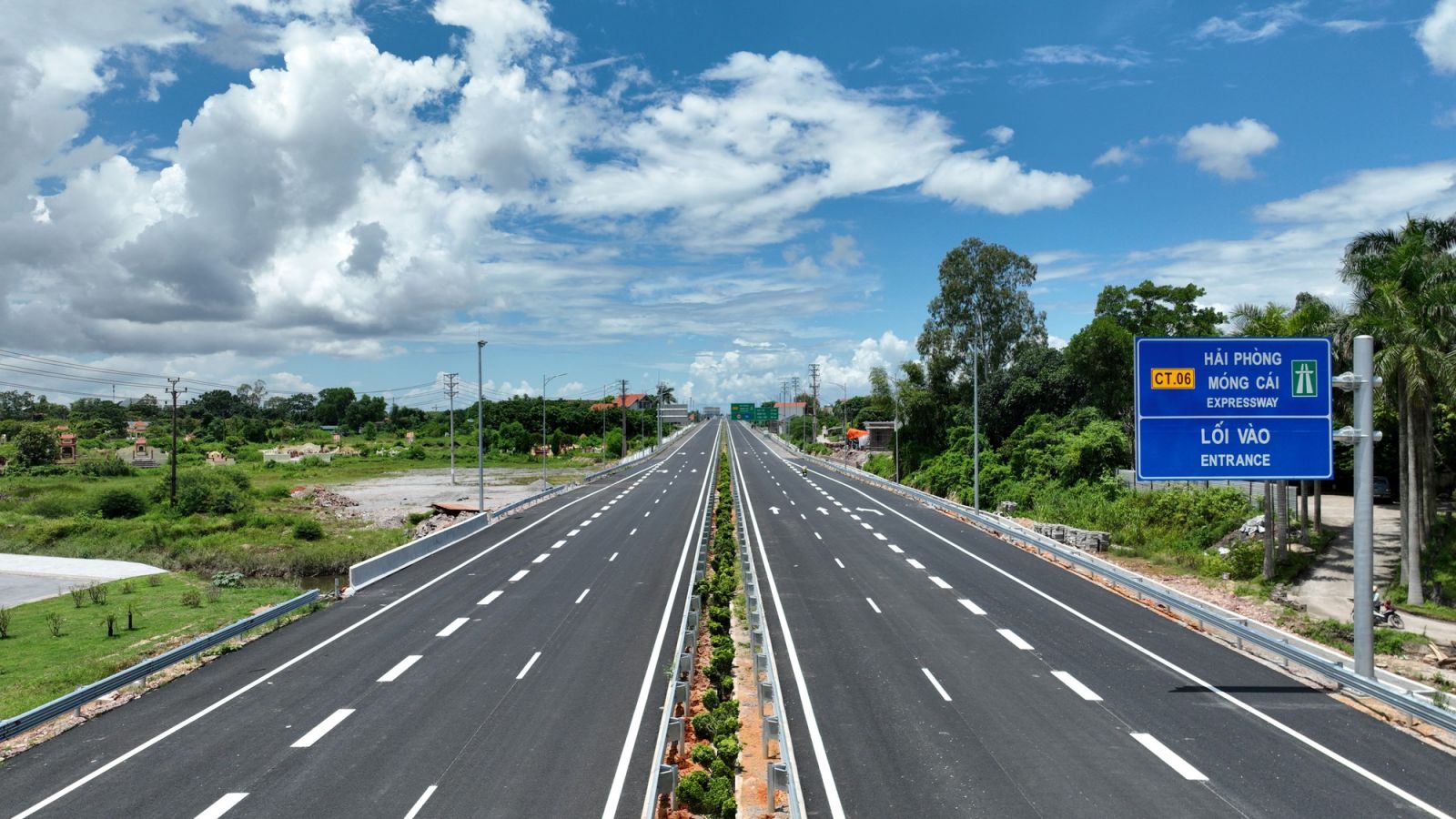Breakthrough solutions are required for state-owned enterprises.
The Business Development Department under the Ministry of Planning and Investment is developing an expansive program for state-owned firms, with major sectors serving as driving forces.
According to Mr. Nguyen Duc Trung, Deputy Director of the Business Development Department (Ministry of Planning and Investment), Vietnam will have 478 state-owned firms with 100% state capital and 198 enterprises with state-controlled shares by the end of 2022.
Despite accounting for a small proportion of active firms (less than 0.1%), these state-owned enterprises manage enormous economic resources, accounting for around 7% of total assets and 10% of equity in all enterprises in the market. Currently, due to severe global economic consequences and limit ed private investment, strengthening the state-owned sector is expected to serve as a driving force for the economy, particularly in terms of public investment disbursement.

In fact, however, the performance of state-owned firms has fallen short of expectations and has not been commensurate with their resources. This corporate sector's ability to expand and lead effectively has become critical in the next stage of economic growth.
To address these obstacles and limit ations, the Business Development Department suggests constructing a large-scale comprehensive initiative for state-owned firms. According to Deputy Director Nguyen Duc Trung, the initiative focuses on large-scale firms with technology skills and inventive talents to act as pioneers, directing investments and growth in new strategic areas critical to the economy. Simultaneously, it increases ordering mechanisms by delegating responsibilities to large-scale enterprises capable of carrying out strategic goals, as well as leading and serving economic and social growth.
Several economic giants and state-owned enterprises in four areas have been chosen to pioneer and show the way, according to the plan: high-tech industry, renewable energy, finance and banking, and infrastructure.
Financial strength, meeting scale requirements (estimated over 20,000 billion VND), stable financial performance (ROE greater than 6%), having a domestic market presence, ensuring legal compliance related to competition, and having an orientation for international expansion are all criteria for selecting enterprises to implement the project.
Participating enterprises must have a strong management structure based on OECD principles, meet Basel II banking sector criteria, be capable of absorbing and mastering science and technology, generate new autonomous production capacities, and improve economic flexibility and resilience. These are state-owned enterprises with either 100% state capital ownership or partially privatized/diversified parent company ownership, with the state controlling at least 50% of the charter capital.
To address policy mechanisms, the project recommends introducing experimental policies (not stated in present laws) for chosen economic conglomerates and state-owned enterprises during a 5-year period beginning with the issuing date. These policies will then be examined, analyzed, and updated to reflect the roles of pioneers and guides.
These policies aim to improve management efficiency in state capital management objectives, promote delegation of authority to state ownership representatives, and empower enterprises to manage and use state capital in investments for production and business activities within the enterprises.

State-owned firms, according to Mr. Nguyen Duc Trung, require a new capability and identity, functioning not just as a tool for macroeconomic management but also as innovative and self-developing organizations. "To achieve this, breakthrough solutions are required to liberate state-owned enterprises and foster their autonomy, creativity, and development in a conducive environment," Deputy Director Nguyen Duc Trung said.
Mr. Ho Sy Hung, Vice Chairman of the State Capital Management Committee, expressed similar sentiments, stating that when it comes to daring to think and daring to do, not only the leadership of the State Capital Management Committee in enterprises, but also the leadership of state-owned enterprises, fully supports and desires this.
Mr. Hung believes that delegating additional responsibility and authority to enterprise boards of directors, as well as enterprise representatives, is critical to increasing the efficiency of state-owned firms.
In addition, in response to the aforementioned issue, Dr. Vo Tri Thanh proposed that the Ministry of Planning and Investment accelerate the sandbox model by selecting specific conglomerates and granting them autonomy in investment decisions and salary determination in order to yield higher profits for every invested capital.
Along with the willingness to act, there must be incentives for state-owned firms to think positively and proactive rather than negatively or defensively. "For the State Capital Management Committee in enterprises, it must operate on the principle of an investor, possibly similar to the fund management model as in Singapore," Dr. Thanh said.








